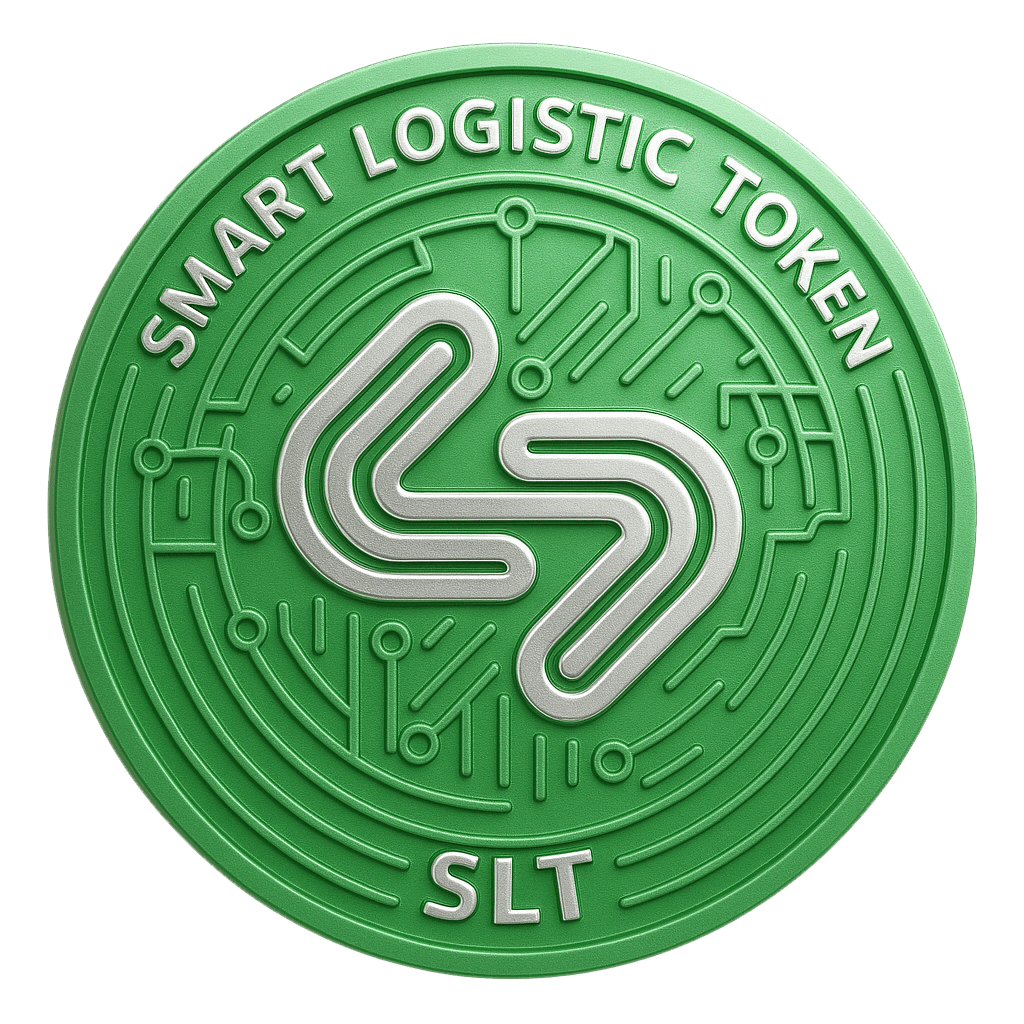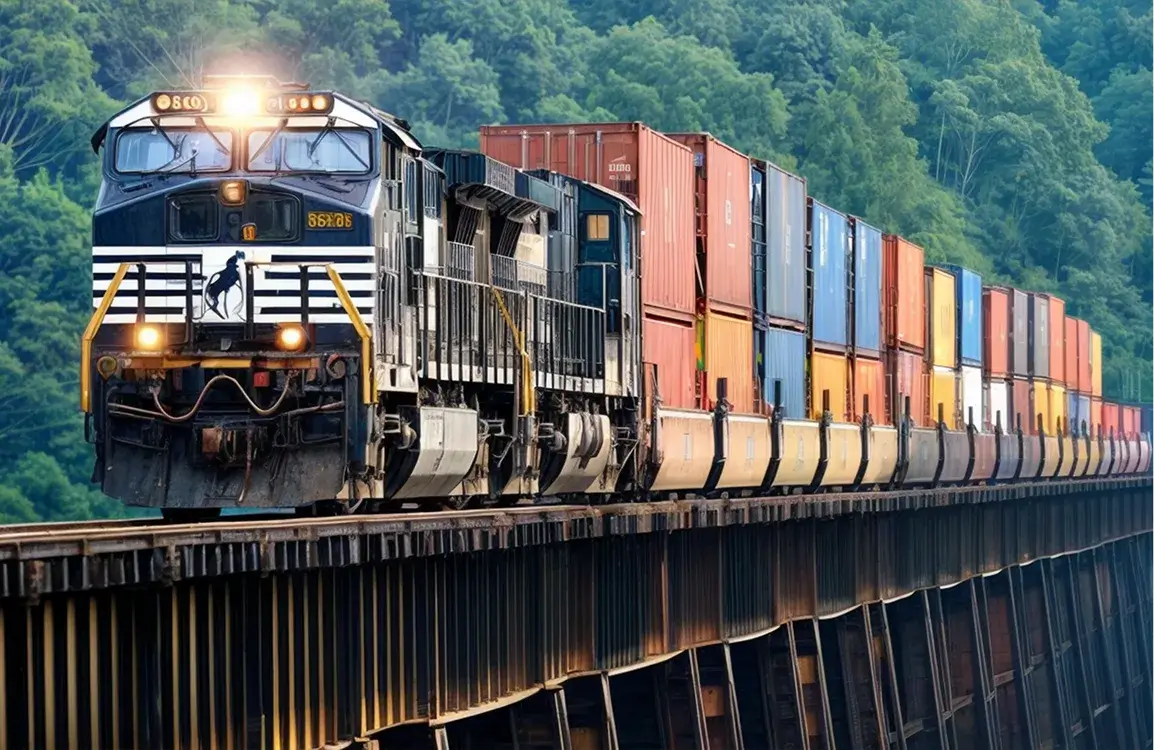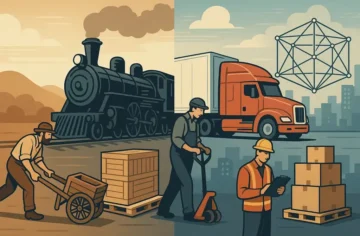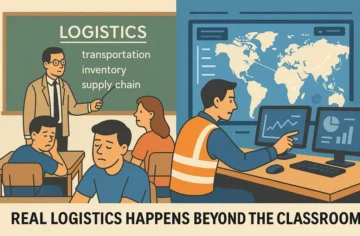Sustainability has become the new buzzword in logistics. From carbon-neutral shipping to biodegradable packaging, companies are eager to show how green they’ve become. But beneath the glossy reports and sleek eco-labels lies a harder question: are these supply chains truly sustainable, or are we witnessing an industry-wide greenwashing campaign?
The Illusion of Green
On paper, the logistics sector is going green. In reality, many of these efforts are surface-level. A few electric trucks in a pilot program. Carbon offsetting with little transparency. Promotional campaigns that highlight a tree-planting initiative while ignoring the diesel-powered backbone of operations.
What we often see is selective storytelling. Companies showcase the 5% that’s sustainable and stay quiet about the 95% that isn't. This isn’t transformation. It’s performance.
Why Greenwashing Matters
Greenwashing isn’t harmless. It damages trust, dilutes the meaning of sustainability, and slows down real progress. It gives the illusion of change while business continues as usual.
For consumers and businesses trying to make ethical choices, greenwashing becomes a barrier. Real innovators—those investing in efficient technologies and emission tracking—are forced to compete with louder but less honest claims.
Even worse, it delays the urgent action needed to confront one of the most emission-heavy industries in the world.
The Need for Radical Transparency
The logistics sector can’t afford to operate in shadows. Emissions aren’t a marketing tool; they are a measurable, data-driven reality. And pretending to be sustainable is no longer acceptable.
What’s needed is a system that doesn’t rely on trust but on truth.
Blockchain offers that system. By recording emissions, routes, and operational decisions on an immutable ledger, blockchain turns sustainability from a vague promise into a verifiable fact.
SLT: Turning Sustainability into Action
This is the approach behind SLT—Smart Logistics Token. Rather than simply claiming sustainability, SLT enables it.
Logistics professionals are rewarded with SLT tokens for choosing fuel-efficient vehicles, optimizing delivery routes, or participating in carbon-tracking initiatives. Data is logged, verified, and made transparent. There’s no room for vague pledges—only measurable action.
Leaderboards foster friendly competition, where performance in sustainability is rewarded. Gamification makes it engaging. Blockchain makes it honest. The result is a logistics ecosystem where eco-conscious behavior is not only encouraged but incentivized.
No More Room for Pretending
The era of unchecked greenwashing is coming to an end. Customers, regulators, and partners are demanding more than clever copywriting and token gestures.
Logistics has a chance to lead. But doing so requires more than a rebrand. It requires accountability, transparency, and a shift in how we define performance.
Through tools like SLT, we move from empty sustainability claims to actionable progress. The green future of logistics won’t be built on marketing—it’ll be built on measurable change.





